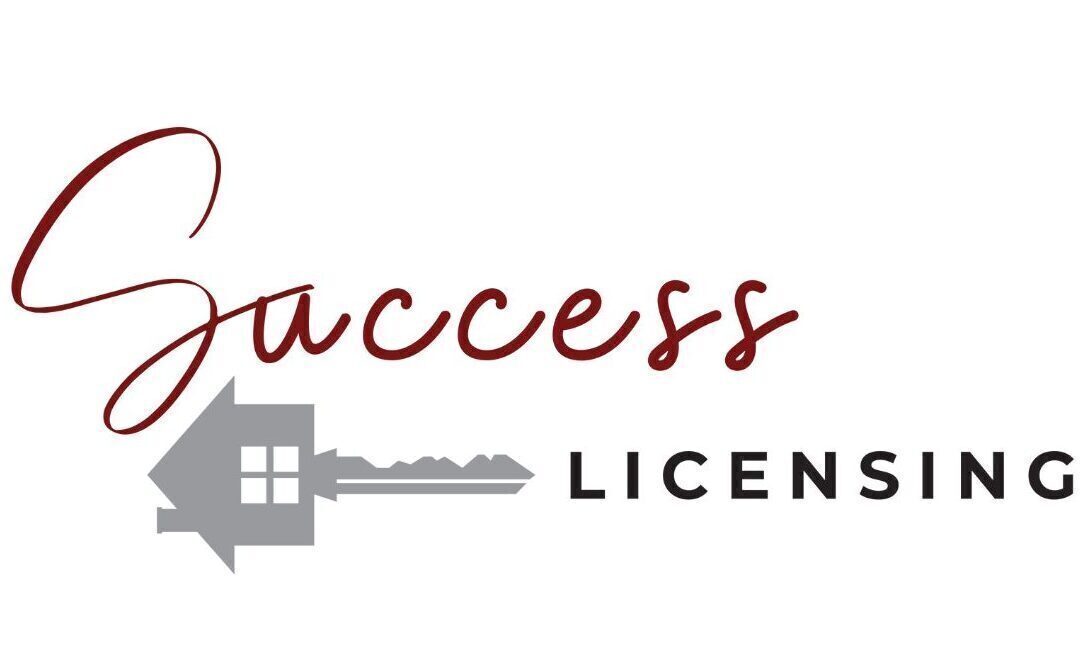
Deciding to start a new career later in life can be a daunting task, but it can also be an incredibly rewarding and fulfilling experience. Whether you’re looking to switch industries, pursue a long-held passion, or simply try something new, there are many things you can do to successfully make the transition.
Here are some tips to help you get started on your new career path:
- Evaluate your skills and interests
Before making any decisions about your new career, it’s important to take stock of your skills and interests. What are you good at? What do you enjoy doing? What are your core values? Answering these questions can help you identify potential career paths that align with your strengths and passions.
- Do your research
Once you have an idea of the type of career you want to pursue, it’s time to do your research. Look into the job market and the demand for your chosen field. Talk to people who are already working in that industry to gain insights into what the job entails and what skills are required. This can help you decide if the career path you’ve chosen is the right fit for you.
- Build your network
Networking is a key component of any successful career change, especially later in life. Attend industry events, join professional associations, and connect with people in your chosen field on social media. Building a network of contacts can help you learn about job openings and gain valuable insights into your new industry.
- Upskill yourself
If your new career requires skills that you don’t currently possess, it’s important to invest in yourself and upskill. Take courses, attend workshops, and earn certifications that will help you stand out in the job market. Demonstrating a commitment to learning and professional development can help you overcome any age-related biases that may exist in the hiring process.
- Be prepared for a learning curve
Starting a new career later in life can be challenging, and it’s important to be prepared for a learning curve. Be patient with yourself as you adjust to your new role and take the time to learn as much as you can about your new industry. Seek feedback from your colleagues and be open to constructive criticism.
- Embrace the opportunities
Finally, it’s important to embrace the opportunities that come with starting a new career later in life. You bring a wealth of life experience and skills to the table, and your perspective and insights can be incredibly valuable to your new employer. Don’t be afraid to take risks and try new things, and remember that it’s never too late to pursue your passions and achieve your goals.
In conclusion, starting a new career later in life can be a challenging but rewarding experience. By evaluating your skills and interests, doing your research, building your network, upskilling yourself, being prepared for a learning curve, and embracing the opportunities that come your way, you can successfully transition into a new career and achieve your goals.

